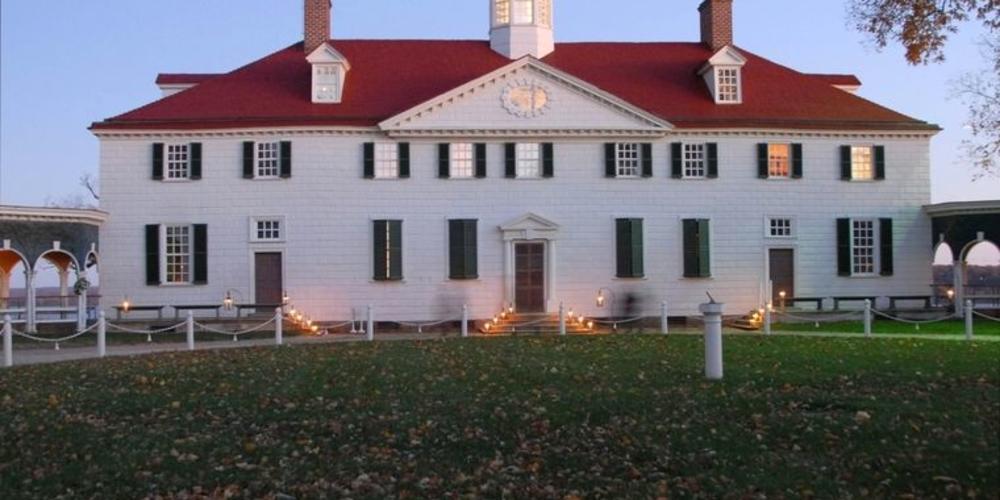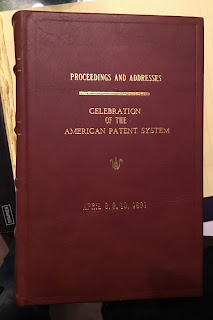From:
The builder for the patentee is the solicitor of patents. Upon the intelligence and care with which the solicitor draws his description and claims depends the stability and effectiveness of the patent. In an oft-quoted sentence no less an authority than the United States Supreme Court has recognized the high quality of skill required in the drafting of patent claims. [See e.g. Topliff v. Topliff, 145 U.S. 156, 171 (1892)].The ideal patent solicitor should be artisan, engineer, scientist, lawyer, philosopher and prophet — nothing less. And yet, even officers of the executive departments have fallen into the error of classifying patent solicitors with claim agents, and with surprising frequency the inventor and investor choose to pinch on the foundation and spend in salvage.EDITORIAL, 1 Journal of the Patent Office Society 50, 50-51 (1918) (emphasis added; how poetic).







